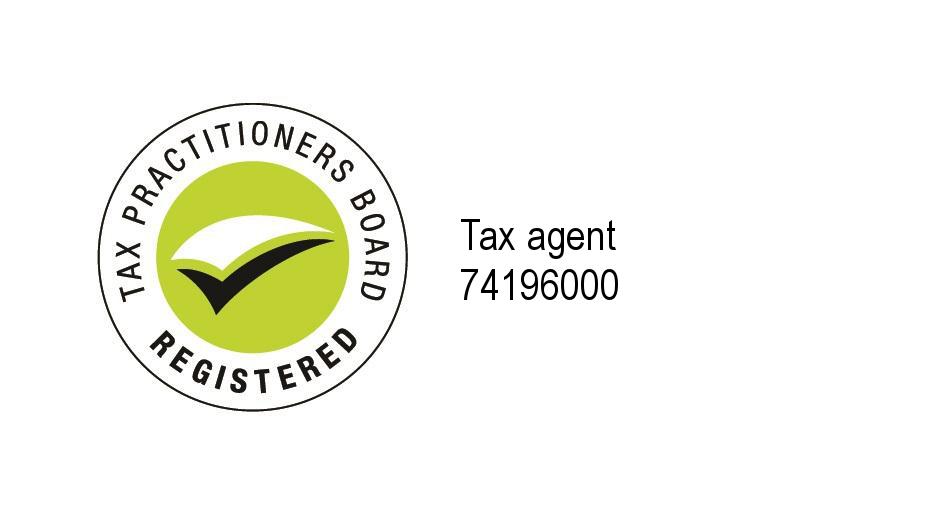At first glance, offset accounts are relatively straightforward. The bank reduces the linked loan account for the monies in the offset account and only charges interest on a notional net balance. The taxpayer gets the lower interest cost but hasn’t locked the money away as they can withdraw it from the offset account whenever it is required.
All of this is true, however we have had a few recent queries regarding the impact where the monies withdrawn from the offset account are used for a different purpose than the linked loan. This has raised the question of whether the change has an taxation impact. The issue can be illustrated by two simple examples.
Example 1
Penny has a loan on her home, and also has an offset account. She then buys an investment property and withdraws money from the offset account to assist with the purchase. So monies held for a private and non-deductible purpose are now used in an income-generating manner. Does this impact the deductibility of the home loan interest?
Example 2
Victor also has a loan and an offset account. The loan was originally used to buy a factory, which he rents out to an unrelated business tenant. Victor draws down on the offset account to buy a home for him to live in.
The change of purpose illustrated in both examples is that the original loan has a different income tax deduction profile than what the redrawn monies are used for.
The fact that the loan and the offset account net out means that they are often thought of as a single loan. This idea then leads to the belief that in both of the above example situations the loan becomes a mixed purpose loan and so the interest becomes partially deductible, and partially non-deductible.
However, the loan and the offset account are generally two separate accounts. So when the balance of the offset account drops and the interest payable on the linked loan account goes up, the question regarding whether there is a tax deduction for the increased interest looks to the use of the funds of the original monies borrowed and not to the use of the funds drawn out of the (separate and different) offset account. In example 1, Penny does not get to claim a tax deduction for the increased interest arising on her home loan because the loan relates to her buying the home. In the second example, Victor’s increased interest is deductible as the loan still has the nexus to the factory.
The ATO has issued a few private rulings on this topic in recent years and this has helpfully clarified the situation. The issue does show that even simple situations have to be thought clearly about to ensure that only deductible amounts are claimed.
This article provides a general summary of the subject covered and cannot be relied upon in relation to any specific instance. Webb Martin Consulting Pty Ltd and any person connected with its production disclaim any liability in connection with any use. It is not intended to be, nor should it be relied upon as, a substitute for professional advice.



